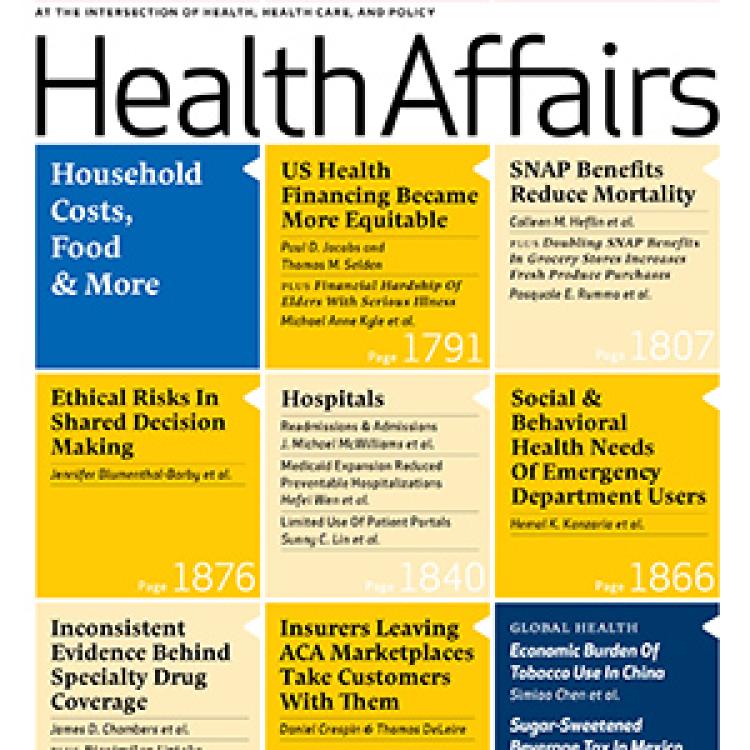Authors: Chambers JD, Panzer AD, Pope EF, Graff JS, Neumann PJ
Publication: Health Affairs, November 2019
Research published in Health Affairs shows that the evidence cited by payers in coverage decisions for specialty medicines varies significantly, with health plans only citing the same study in 15 percent of health plan coverage policies for a given drug and condition.
The study was conducted by the National Pharmaceutical Council and the Center for the Evaluation of Value and Risk in Health at Tufts Medical Center.
Among the study’s findings:
- Fewer than 2 in 5 studies were cited by more than one health plan for coverage decisions for the same drugs and indications(e.g., policies for adalimumab for Crohn’s disease).
- In total, only 38 percent (n=1,052) of unique Pubmed-indexed studies (n=2,748) were cited by more than one health plan in coverage decisions for the same drugs and indications.
- The volume of evidence used to inform coverage decisions varied from an average of 4 studies cited in coverage decisions by one health plan to an average of 64 studies cited by another health plan.
- Even the breadth and types of clinical and economic evidence used to inform the coverage decisions varied.
- Few plans use a full range of evidence, including real-world evidence, evidence synthesis, and economic studies.
- Eight organizations did not cite any economic evaluations
- One payer did not cite any evidence syntheses.
The inconsistency study authors found could be seen by examining the research cited in coverage decisions for different types of evidence and specific drug and condition pairs. For example:
- A significant real-world evidence study of omalizumab for severe asthma was cited by only one of the 17 plans (6 percent) that issued a coverage policy for omalizumab for severe asthma.
- In contrast, a randomized controlled trial (RCT) of ipilimumab for metastatic melanoma was cited by 11 of the 16 (69 percent) plans that issued a coverage policy for the drug and condition pair.
The study demonstrates that, in order to promote patient access to evidence-based care, more effort is needed to ensure payers base health coverage decisions on a complete and consistent examination of available evidence.
Study results were generated through a systematic review of coverage decisions contained within the Tufts Medical Center Specialty Drug Evidence and Coverage Database, which included 1,562 coverage policies issued by 17 of the largest 20 commercial health plans for the most common specialty medications. Coverage policies included in this study were current as of August 25, 2017 and included 203 specialty medications for the treatment of 167 diseases. Evidence was categorized into one of 10 categories, including randomized controlled trials, real-world evidence, other clinical studies, evidence syntheses, clinical guidelines, health technology assessments, economic evaluations, editorials, and FDA labels and package inserts and assessed for the types, the quantity and the consistency of the evidence cited.
